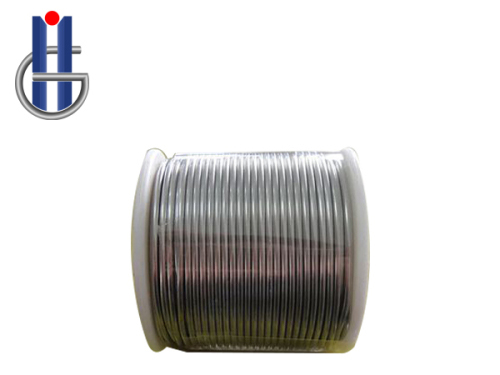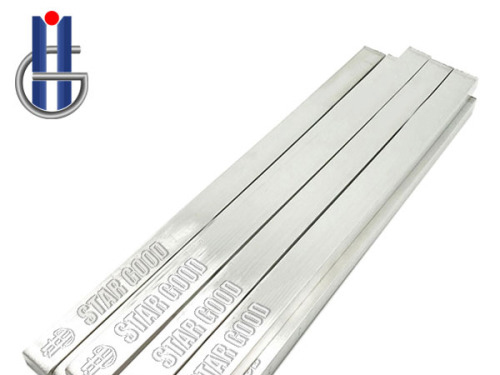Tin wire processing involves working with tin, a malleable and ductile metal commonly used for soldering and other applications. Whether you are soldering electronic components, creating crafts, or engaging in other tin wire processing tasks, it's important to take precautions to ensure safety and achieve quality results. Here are some precautions to consider:
Personal Protective Equipment (PPE):
Wear appropriate PPE, including safety glasses or goggles to protect your eyes from splashes or airborne particles, and gloves to prevent direct skin contact with tin.
Ventilation:
Work in a well-ventilated area or use local exhaust ventilation to remove fumes and prevent the inhalation of potentially harmful vapors produced during the tin soldering process.
Temperature Control:
Be mindful of the temperature during soldering. Ensure that the soldering iron or gun is not excessively hot, as this can lead to the release of more fumes and increase the risk of burns.
Avoid Lead Exposure:
If you are working with solder that contains lead, take extra precautions to avoid lead exposure. Wash hands thoroughly after handling and avoid touching your face or mouth.
Avoid Ingestion:
Do not eat, drink, or smoke while working with tin. Contaminated hands can transfer tin residues to food or other surfaces, leading to ingestion.
Fire Safety:
Tin itself is not highly flammable, but the tools used in the soldering process, such as soldering irons, can pose a fire risk. Keep a fire extinguisher nearby and be cautious with hot tools and surfaces.
Proper Soldering Techniques:
Follow recommended soldering techniques to ensure a secure and reliable connection. Avoid excessive use of solder, as this can lead to solder bridging or other issues.
Adequate Lighting:
Ensure proper lighting in your workspace to see the details of your work clearly, reducing the risk of errors and accidents.
First Aid Kit:
Have a first aid kit available in case of minor burns or injuries. Treat any injuries promptly and seek medical attention if needed.
Storage:
Store tin wire and soldering materials in a cool, dry place away from direct sunlight. This helps prevent oxidation and maintains the quality of the materials.
Dispose of Waste Properly:
Dispose of tin waste, such as soldering debris and used flux, according to local regulations. Some solder may contain hazardous materials, so it's important to handle disposal responsibly.
Training:
If you are new to tin wire processing or soldering, seek proper training and guidance to ensure that you are using tools and materials correctly and safely.
By taking these precautions, you can create a safer working environment and reduce the risks associated with tin wire processing. Always follow best practices and guidelines to achieve high-quality results while minimizing potential hazards.


 High Purity Tin Ingot: Crucial Applications and Benefits
High Purity Tin Ingot: Crucial Applications and Benefits
 Pure Tin Ingot: Essential Material for Diverse Industrial Applications
Pure Tin Ingot: Essential Material for Diverse Industrial Applications
 Unlocking the Potential of Pure Tin Bars: Essential Components for Diverse Industries
Unlocking the Potential of Pure Tin Bars: Essential Components for Diverse Industries
 Lead Bar for Sale: Uses, Specifications, and Buying Considerations
Lead Bar for Sale: Uses, Specifications, and Buying Considerations